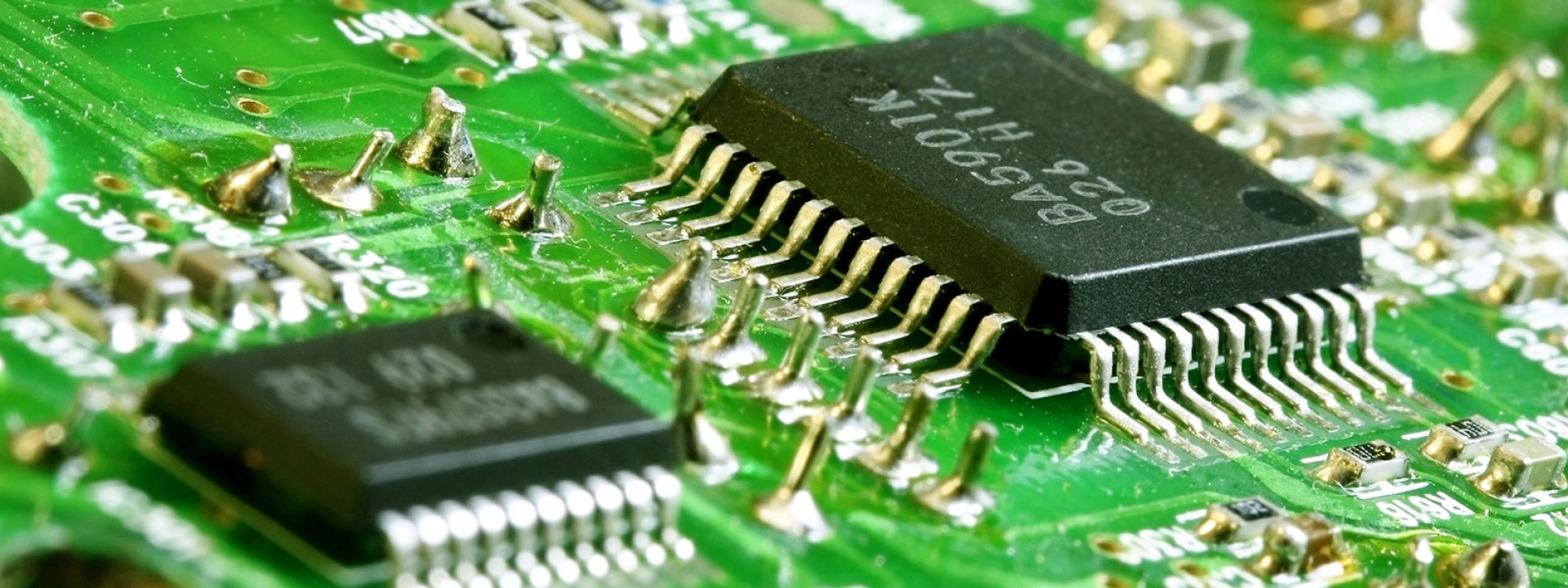News & Events
Efforts aimed at reviving U.S. semiconductor manufacturing and strengthening technology supply chains advanced this week with the introduction of a catch-all bill that funds “surge production” of U.S.-made chips while investing in broad-based technology R&D.
The America COMPETES Act of 2022 introduced in the House appropriates $52 billion in funding previously approved by the Senate and included in the most recent defense authorization bill. Along with chip manufacturing, the House bill also boosts research funding in areas ranging from renewable energy and cybersecurity to AI and quantum computing.
“The House legislation will supercharge our investment in CHIPS, advance manufacturing at home, strengthen our supply chain, transform our research capacity and advance our competitiveness and leadership abroad,” House Speaker Nancy Pelosi stressed in moving the legislation to the House floor for debate.
While funding the CHIPS Act, the House bill varies from the Senate version by placing greater emphasis on technology R&D, revitalizing the U.S. research infrastructure, STEM programs and workforce development. Critics of the Senate version complained that it sought to duplicate China’s semiconductor manufacturing initiatives rather than focusing on areas like transformational post-Moore’s law chip technologies.
Differences in emphasis have delayed CHIPS Act funding, prompting the Biden administration and the semiconductor sector to launch a lobbying blitz aimed at breaking the deadlock. For example, Intel CEO Pat Gelsinger again urged passage of U.S. chip legislation last week while announcing a $20 billion fab investment in Ohio.
On the same day the House legislation was introduced, the Commerce Department released data confirming “the depths of the semiconductor shortage,” including chip inventory declines of less than five days in 2021. A chip supply-chain survey launched in September and released this week found that IC demand jumped 17 percent between 2019 and the end of last year while foundries operated at more than 90 percent capacity utilization. Still, surging chip demand by auto, consumer and medical device makers is not being met.
“The semiconductor supply chain remains fragile,” said Commerce Secretary Gina Raimondo. Arguing that technology supply chain disruptions are fueling inflation, the Biden administration cited the conclusions of the IC study in pressing Congress to approve chip manufacturing legislation.
The House bill responds to administration and industry pressure aimed at funding chip R&D while reviving domestic chip manufacturing as supply chain disruptions persist. Despite new U.S. fab initiatives announced by Intel, Samsung and Taiwan Semiconductor Manufacturing Co., each has said those investments require tax breaks and other incentives beyond what states have offered.
The industry group SEMI noted that the House bill includes provisions giving IC equipment and materials suppliers access to federal grant programs. The grants would “strengthen the semiconductor supply chain in the United States” and “attract new manufacturing facilities – both chip fabs and upstream suppliers,” said Ajit Manocha, SEMI’s president and CEO.
The Senate approved separate legislation last summer that includes the $52 billion in CHIPS Act funding. The U.S. Innovate and Competition Act passed in June includes $250 billion in R&D funding, much of it shifted from the National Science Foundation and Energy Department labs to existing programs in lawmakers’ states. Those transfers reduced the amount of funding for basic research to $29 billion.
The House version seeks to shift the emphasis from technology development to basic research that proponents argue would fuel future technology innovations.
While a timeline for House passage remains unclear, a House-Senate conference on chip legislation would likely set up what observers characterize as a “labs-versus-fabs” debate. Rep. Eddie Bernice Johnson, D-Texas, chair of the House Science, Space and Technology Committee, has stressed technology innovation and competitiveness over federal support for chip makers.
The House bill was “built from the ground up with rigorous input from the scientific community on what they need most to succeed in the 21st century,” said Johnson, chief sponsor of the House bill.
In what appeared to be a descending list of priorities, Johnson added, “These transformative investments in science and innovation will help us to revitalize our research infrastructure, create STEM opportunities for all, build clean energy solutions, address the climate crisis, reinforce our national security [and] enhance our semiconductor manufacturing capabilities.”
Still, the initial provision in the House bill fully funds the CHIPS Act, the acronym standing for Creating Helpful Incentives to Produce Semiconductors.
The full text of the America Creating Opportunities for Manufacturing, Pre-Eminence in Technology, and Economic Strength (America COMPETES) Act of 2022 is here.
By EETimes






